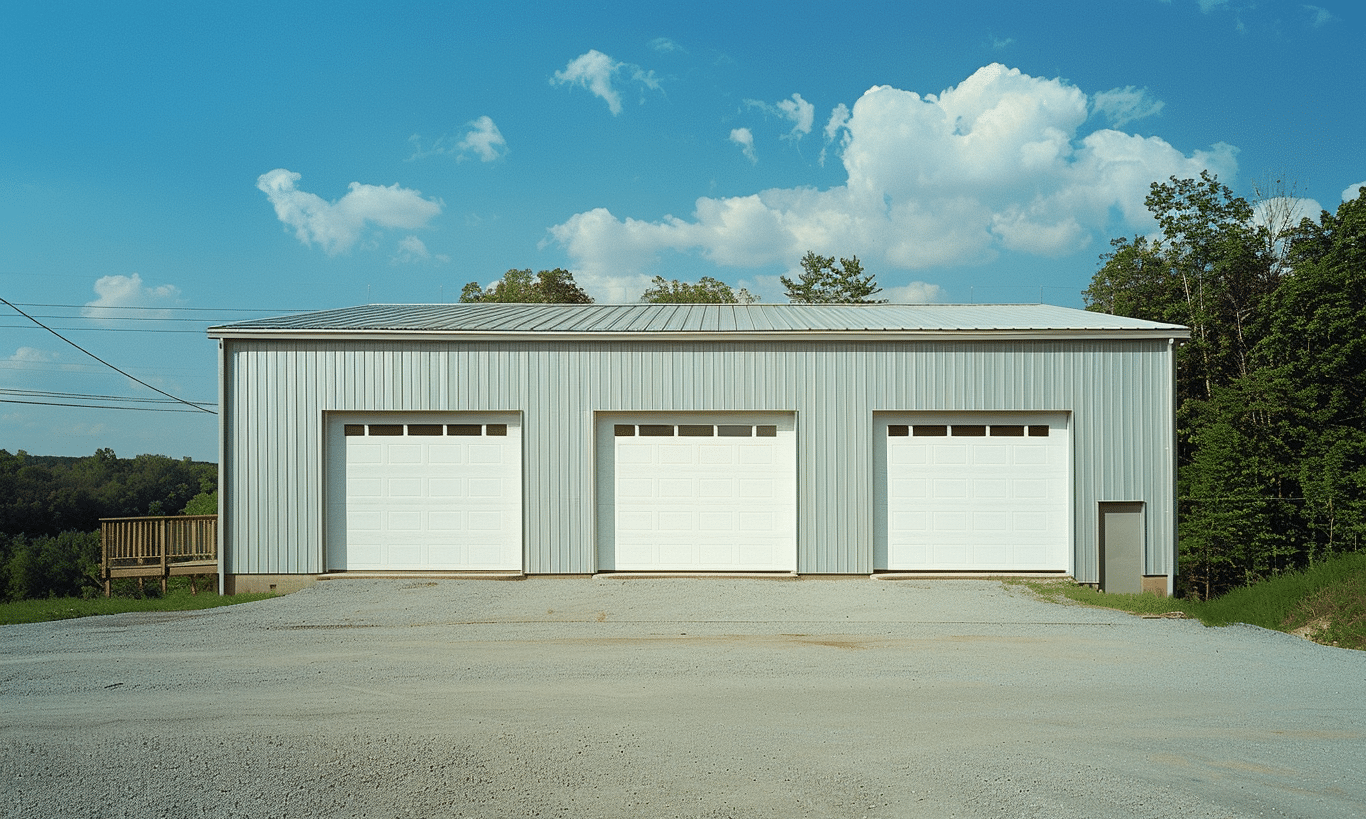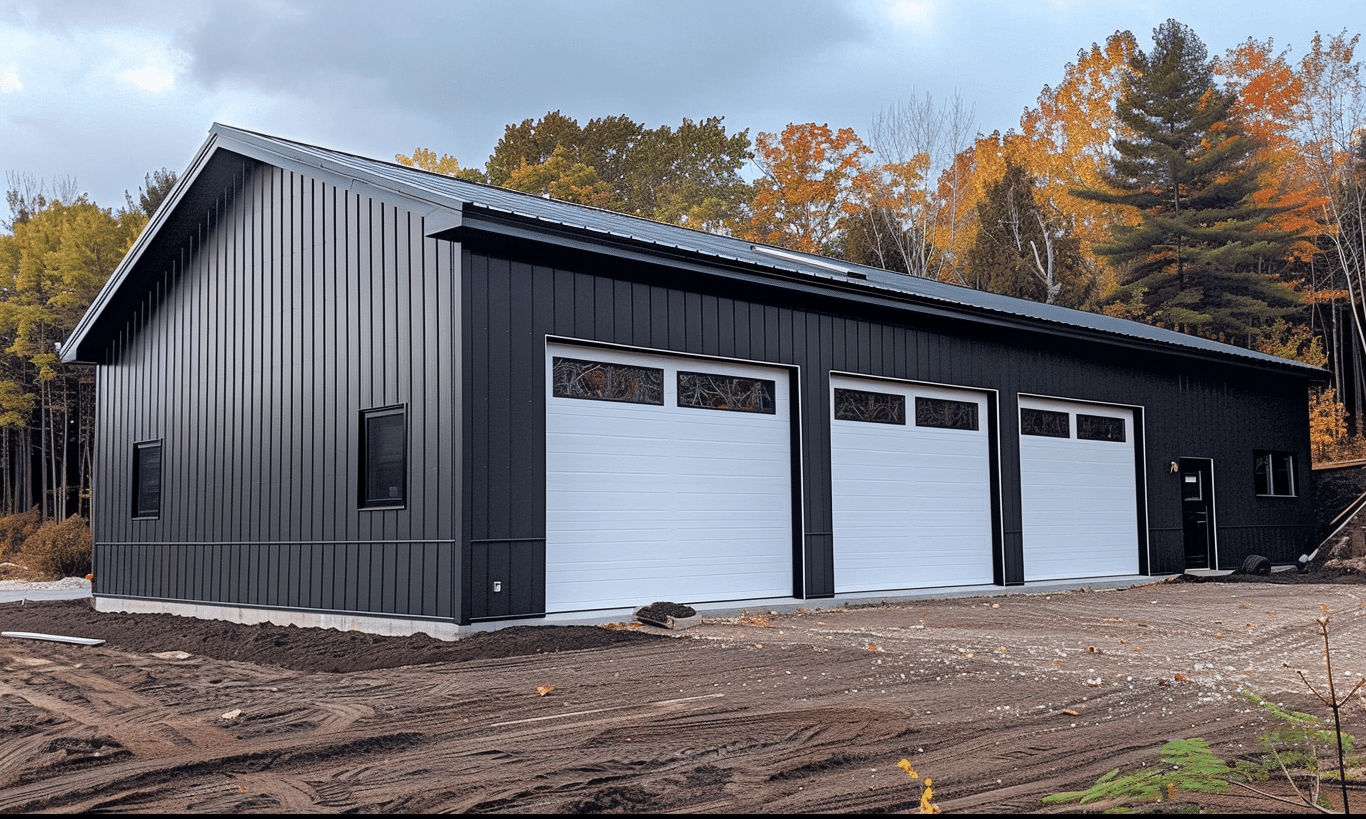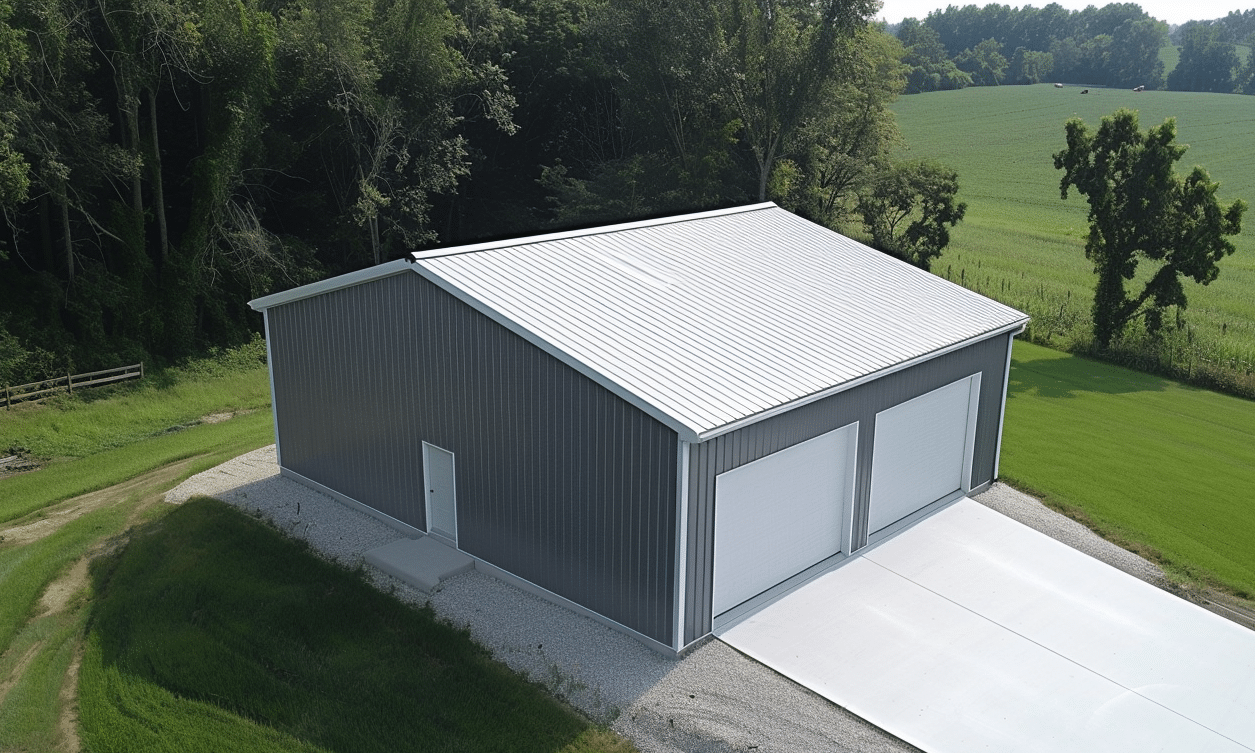Boosting Property Value: Why You Should Consider Adding a Garage
In the modern housing market, savvy homeowners are always looking for new ways to increase their property value. One increasingly popular choice is the construction of a garage. Whether you’re aiming to add functionality to your home, seeking to enhance its resale value, or simply in need of extra storage space, a garage offers a variety of advantages that can significantly benefit your property. Investing in a quality garage can offer both immediate and long-term returns that far outweigh initial costs.
A Functional Space with Multiple Uses
Why limit a garage’s potential by only thinking of it as a place to park your car? A well-constructed garage such as a 16×20 garage package provides flexible space that can be adapted for various uses, suitable for modern lifestyles. Consider transforming part of your garage into a workshop, an art studio, or an extra living space. The possibilities are endless, making it a multifunctional asset that plays to your home’s strengths and addresses your specific needs.
Enhanced Curb Appeal
First impressions matter, and when it comes to your home, curb appeal is critical. A stylish, well-maintained garage can make a significant impact, offering an aesthetically pleasing addition to your property’s exterior. By selecting materials and designs that complement your home’s architectural style, you can enhance your property’s visual coherence. This improvement is particularly critical if you are looking into investing in Toronto real estate, where competition is fierce and every detail counts.
Increased Property Value
Moving beyond aesthetics, garages also provide considerable financial benefits. Real estate experts consistently highlight the added value that a garage can bring to a home, particularly in markets where extra storage and secure parking are highly coveted. According to several studies, homes with garages tend to sell faster and at higher prices than those without. This makes a garage one of the more secure investments you can make in your property.
Security and Convenience
A garage offers enhanced security for your vehicle and other valuable items. With break-ins unfortunately on the rise, securing your possessions within the confines of a sturdy, locked garage provides peace of mind. The added convenience of indoor parking cannot be overstated, particularly during harsh Canadian winters when cars left outdoors face the elements.
Cost-Effective Solution
Constructing a garage doesn’t have to break the bank, especially if you opt for pre-designed packages like the 16×20 garage package. These packages typically offer good value for money and can be customized to meet specific needs, ensuring you get the most bang for your buck.

The Impact of Garages on the Real Estate Market
In competitive environments like the housing market, having a garage can be a game-changer. Not only does it serve as an additional selling point, but it also attracts a broader range of buyers. In Toronto and other bustling cities, properties that feature garages often have the upper hand. The ability to park vehicles securely and have extra storage space is a sought-after luxury that can significantly enhance a property’s appeal.
Luxury and Lifestyle
For many prospective buyers, garages symbolically represent a certain lifestyle. They provide the luxury of not having to worry about street parking, the convenience of direct home access, and the flexibility to store recreational vehicles or gear. In this context, investing in a garage aligns well with the goals of investing in Toronto real estate where lifestyle perks can noticeably boost property value.
Future-Proofing Your Investment
Investing in a garage is akin to a long-term real estate investment trust (REIT) strategy. It’s about securing your asset and ensuring its value appreciates over time. With trends indicating a growing preference for functional, multi-use spaces, properties featuring garages are likely to remain competitive in the future. Given the unpredictable fluctuations in real estate, this added feature can act as a buffer, maintaining the property’s market value.

Considerations for Building Your Garage
Before embarking on constructing a garage, planning is crucial. Consider the layout, size, and style that best fits your property. Evaluate different garage packages available in the market and consult with professionals to ensure compliance with local building codes.
Permit and Zoning Laws
Ensure that you are aware of any permit and zoning laws that apply to your area. Non-compliance can result in hefty fines and may even force you to tear down unauthorized structures.
Design and Materials
Choose designs and materials that complement your home’s existing architecture. Whether you opt for steel, wood, or brick, ensure that your new garage blends seamlessly with the rest of your property.
Budget and Financing
Plan your budget carefully and consider all aspects, including construction, permits, and potential long-term costs like maintenance. Look into financing options if necessary, to make your investment more manageable.

Conclusion: A Wise Investment
In conclusion, adding a garage to your property is a strategic upgrade that offers numerous benefits. From boosting your home’s value and enhancing its curb appeal to providing extra space with versatile uses, the advantages are clear. For anyone looking to make a smart investment in today’s real estate market, constructing a garage is a decision that promises significant returns. So, take the plunge and enjoy the myriad benefits that come with this versatile addition to your home.




